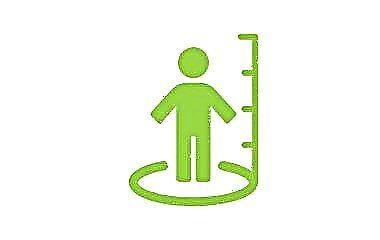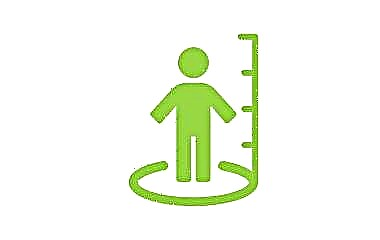
Eggs are a valuable product for the nutrition of every person, therefore, the yolk of a chicken or quail egg appears in a child's complementary foods in the first year of life. But egg white is usually not in a hurry to enter the children's menu. Why shouldn't such a product be given at an early age and when can you offer your baby egg whites?

Why is protein useful?
- This product is a source of animal proteins that have a structural and building function in the child's body.
- It contains all the amino acids, including essential ones, which the baby should receive from food every day. With their shortage in food, a delay in the development of crumbs is possible.
- Contains very little fat, therefore it is a low-calorie and dietary product. It can be consumed at any time of the day and for any child's body weight.
- It contains substances with antibacterial action - lysozyme and ovotransferrin.
- Contains B vitamins.

Egg protein harm
Animal proteins are considered strong allergens, so an allergic reaction to egg white is common. There is an opinion that with such an allergy, the child can safely be given quail eggs, however, an allergic reaction to such eggs, although less common, also happens.
The risk of contracting salmonellosis increases with the consumption of raw protein.
To prevent it, careful washing of the shell and a certain duration of heat treatment is required. In addition, raw proteins are difficult to digest and can lead to stomach upset and flatulence.

At what age can you give?
Unlike yolk, which is introduced into the diet of healthy breastfed babies from 9 months, and into the diet of art children from 7 months, egg white is not recommended for up to 1 year. The main reason why it is not given in the earlier months is because of its increased allergenicity. If the child has a tendency to allergies, the acquaintance with egg proteins is carried over to a later age.

How to introduce into complementary foods?
Like any new product for a child, egg white is given for the first time in a small amount. It is recommended to offer it to the baby for the first time for breakfast, in order to determine by the end of the day whether it has caused an allergy. Do not give protein if your child has tried another new food or is sick that day. If the crumb has tolerated the new dish well, the next day the portion can be increased slightly.

How to cook
The child should start with a hard-boiled egg. Heat treatment of chicken eggs for feeding children should last at least 5-10 minutes, so babies are not given soft-boiled and raw eggs (it is permissible to offer them over the age of 7 years). After a gentle wash, a quail egg is boiled for 2-3 minutes. In addition to boiled eggs, a child over one year old can be offered an omelet, casserole, soufflé, salad and other egg dishes.

How much to give at different ages
But the rate of consumption of egg proteins is influenced by the age of the child and the type of egg:
- Chicken - given 2-4 times a week (usually a whole egg is prepared for a child).
- Quail - at the age of 1-3 years, give 1 piece. per day, and at the age of over 4 years - up to 3 pcs. in a day.
Tips
- Buy fresh eggs in a trusted place to feed your baby.
- Pick up and shake - the product should not be too light or gurgle.
- You should refuse to buy a product with chips and cracks.
- Also, do not buy eggs that are too dirty or washed.
- Give babies chicken or quail eggs, as duck, turkey and goose eggs are considered less preferable for baby food due to their higher fat content and a high risk of allergies.
- Remember that it must be thoroughly washed before cooking.

You can learn more about the benefits of eggs in the following video.
Find out if your child's weight is normal using the following calculator.



